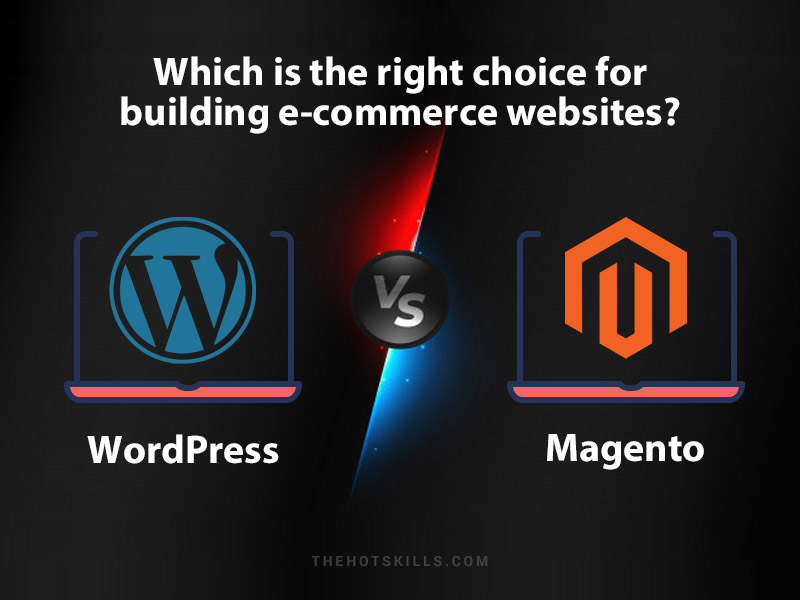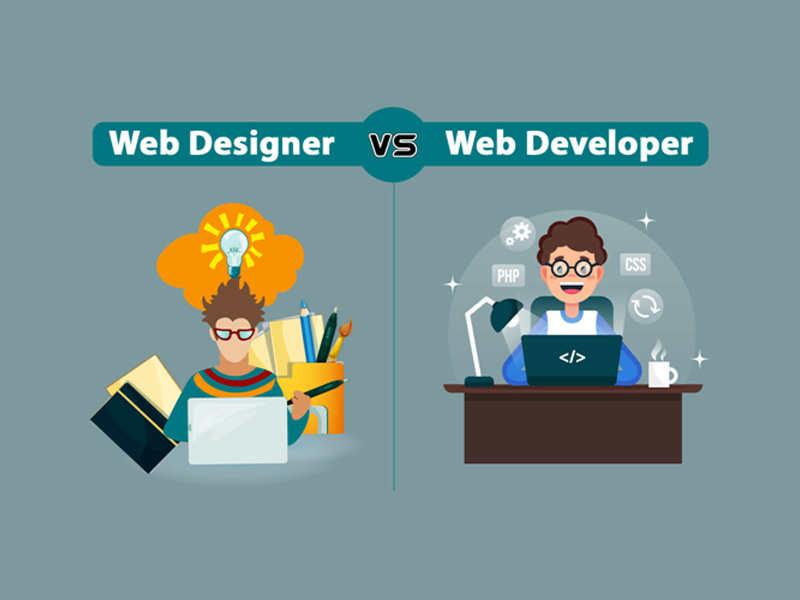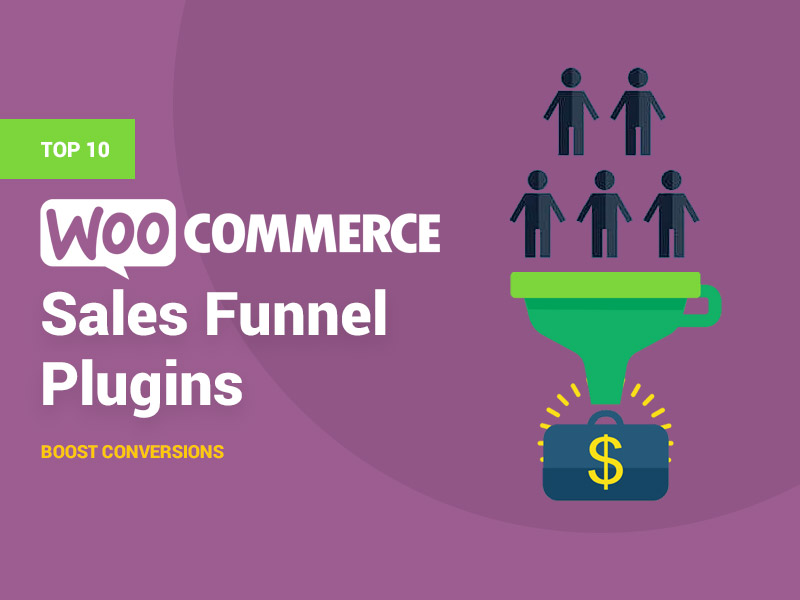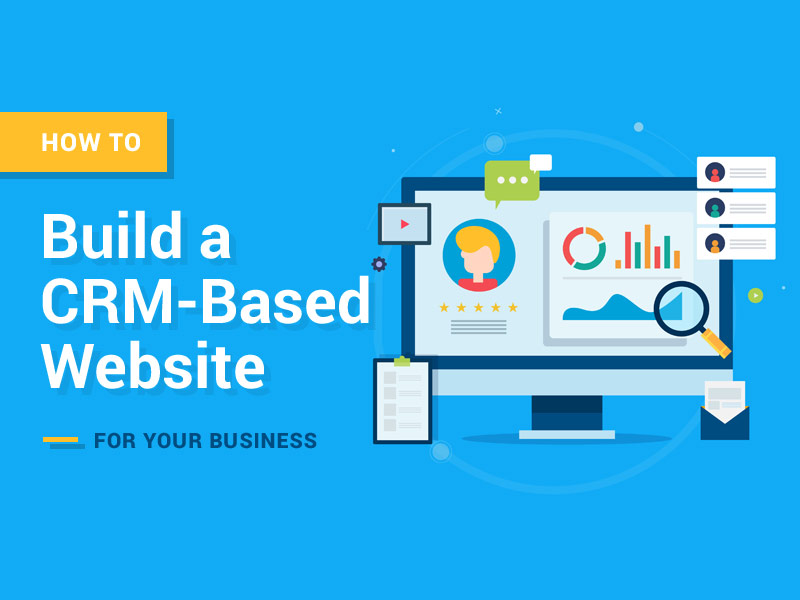Businesses globally are considering moving towards digitalization to gain more customers and promote their trademarks. There are many methods of e-commerce serving various desires, goals, and monetary resources. But many new businesses find it difficult to invest in a full-scale website for their business from the start of their business. So, to solve this problem the IT industry introduces two great tools for e-commerce development: Magento and WordPress. WordPress currently holds 43.3% of the market, for example. Both of these solutions allow approaches for creating an attractive virtual shopping place.
What are WordPress and Magento?
Both are solutions designed for virtual shopping for customers. WordPress is more simple online development software that could be used for blogging and different small businesses globally, whereas Magento software is used by both small and large organizations easily. Magento allows more options for customizations and makes it possible to build even complex web portals with a lot of integrations. You might require specialists’ help to launch your website on Magento.
Both options have some key differences that are discussed below in the article.
Read also: Top 5 Reasons Why Magento 2 Commerce is Better Than Open Source
Flexible and Simple to use? WordPress vs. Magento
When it comes to choosing a platform, one of the most important things to consider is flexibility and easy-to-use interface. If the customers use this website for online shopping and find it very nice and interesting, they can use it as per their convenience. In this way, e-commerce activity on the website brings more profit for the company.
If the design of the websites is complicated then it will be difficult for customers to understand the websites’ different components. WordPress is the best platform when it comes to being user-friendly, as there are thirty-five percent of online portals globally designed using WordPress. But Magento has the best set of features and tools for designing e-commerce websites and is the best platform if you need more functionality. Magento gives more powerful solutions to e-commerce issues.
Advertising and content management: WP vs. Magento
WordPress is the best platform for creating e-commerce websites when it comes to content management and advertising. Basically, if a website has a lot of written content or blogging posts then it most probably means that the website was designed on the WordPress platform because WordPress has an inbuilt feature of content management and blogging while the Magento platform does not have a built-in feature for that. This doesn’t mean that it’s impossible though, you can get customized support for using this feature on Magento. Besides, WordPress’s blogging feature allows it to handle media conversations, with numerous blogs.
Safety and Security: WordPress vs. Magento
When it comes to building a more secure and safe website by using any platform then both of that platforms give basically the same features. It means that WordPress and Magento are both highly secure platforms for safe transactions and online shopping by using a Debit/Credit card. Also, both platforms provide numerous plug-ins and extensions to consumers so that they could secure their personal information during transactions.
Themes and Designing Customization
Both platforms have strong formatting and designing abilities and have built-in and customized themes that prove cheap, time-effective, and attractive for building websites. But it is very important to pay attention to what type of website you want to develop and what EU the website should have. While WordPress has cheap and built-in themes, Magento again has a broader variety of tools for customisation.
Conclusion
At the end of the article, it is concluded that WordPress is most suitable for small organizations and startups that want to design e-commerce websites in terms of design, time, and cost-effectiveness. Magento is usually used for more advanced and mature businesses.







